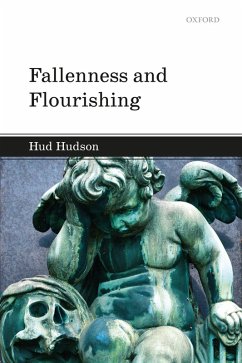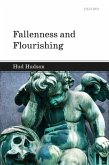Fallenness and Flourishing opens with defenses of the philosophy of pessimism, first on secular grounds and then again on distinctively Christian grounds with reference to the fallenness of human beings. It then details traditional Christian reasons for optimism with which this philosophy of pessimism can be qualified. Yet even among those who accept the general religious worldview underlying this optimism, many nevertheless willfully resist the efforts required to cooperate with God and instead pursue happiness and well-being (or flourishing) on their own power. On the assumption that we can acquire knowledge in such matters, arguments are presented in favour of objective-list theories of well-being and the Psychic Affirmation theory of happiness, and the question 'How are people faring in this quest for self-achieved happiness and well-being?' is critically investigated. The unfortunate result is that nearly everywhere, people are failing. The causes of failure, it is argued, are found in the noetic effects of sin-especially in inordinate self-love and self-deception, but also in insufficient self-love-and such failure manifests both in widespread unhappiness and in that most misunderstood of the seven deadly sins, sloth. After a literary tour designed to reveal the many different ways that sloth can damage a life, Hud Hudson provides a constructive proposal for responding to this predicament featuring the virtue of obedience. This virtue is analysed, illustrated, and located in a new theory of well-being.
Dieser Download kann aus rechtlichen Gründen nur mit Rechnungsadresse in A, B, BG, CY, CZ, D, DK, EW, E, FIN, F, GR, HR, H, IRL, I, LT, L, LR, M, NL, PL, P, R, S, SLO, SK ausgeliefert werden.









